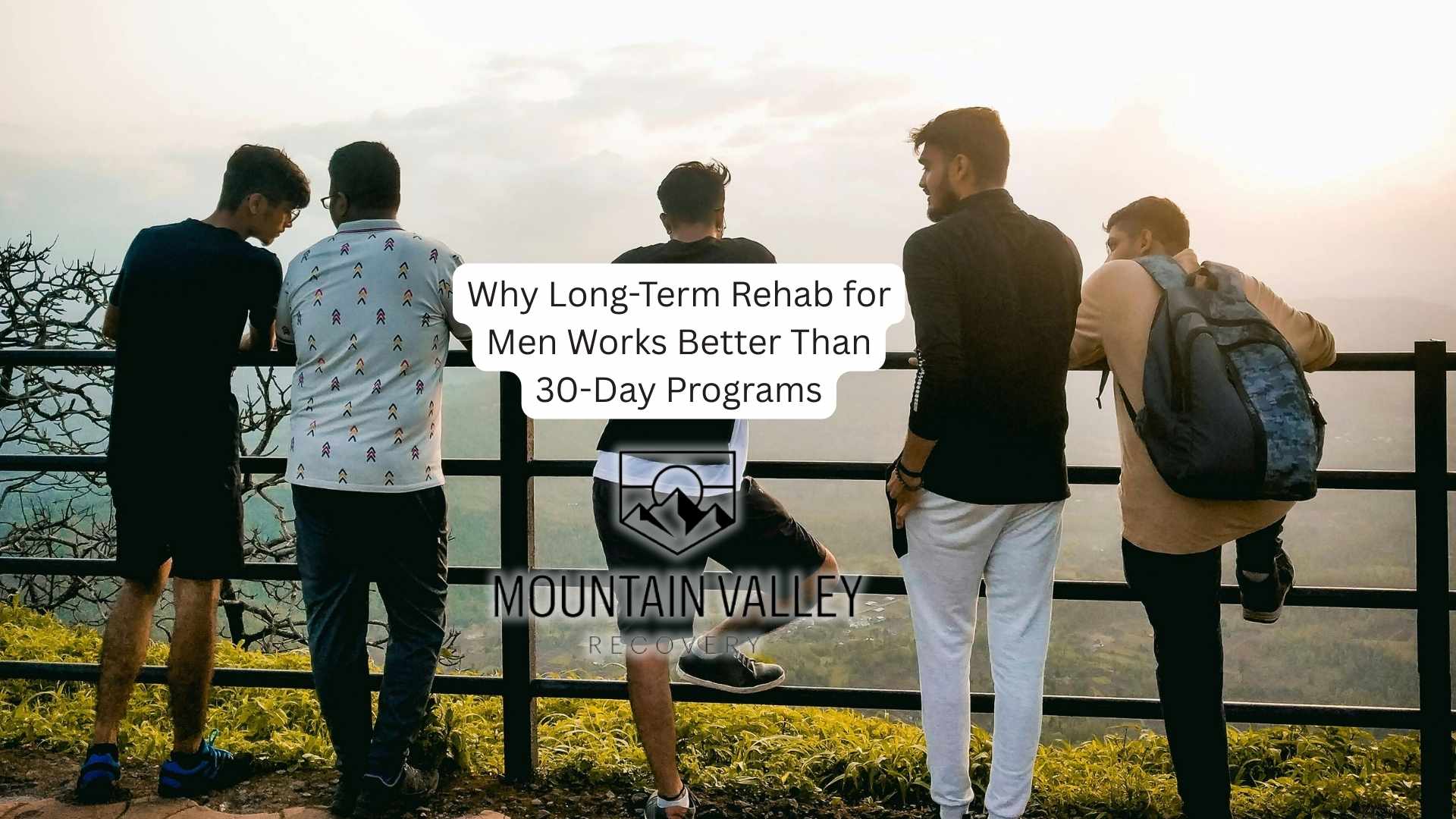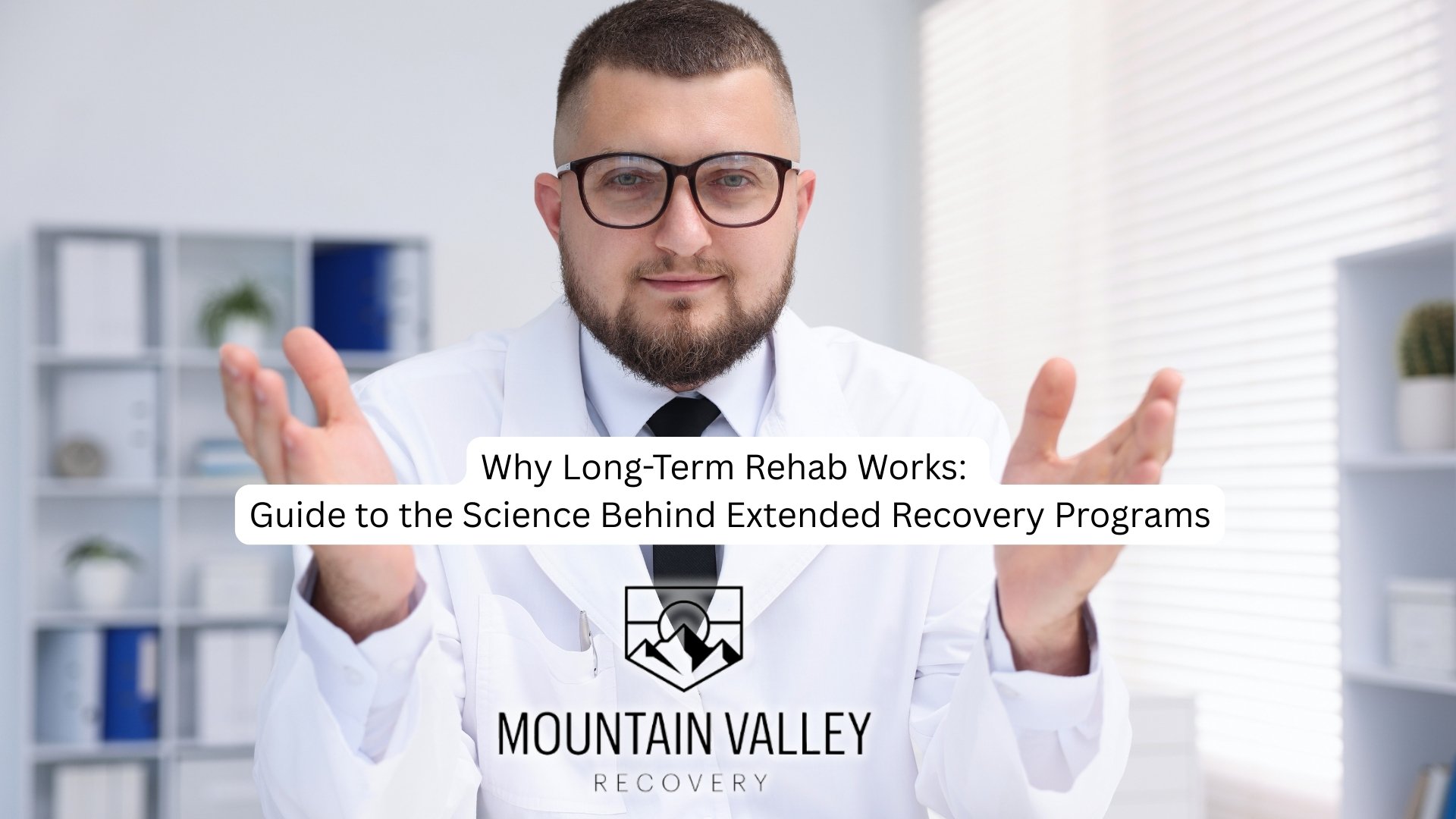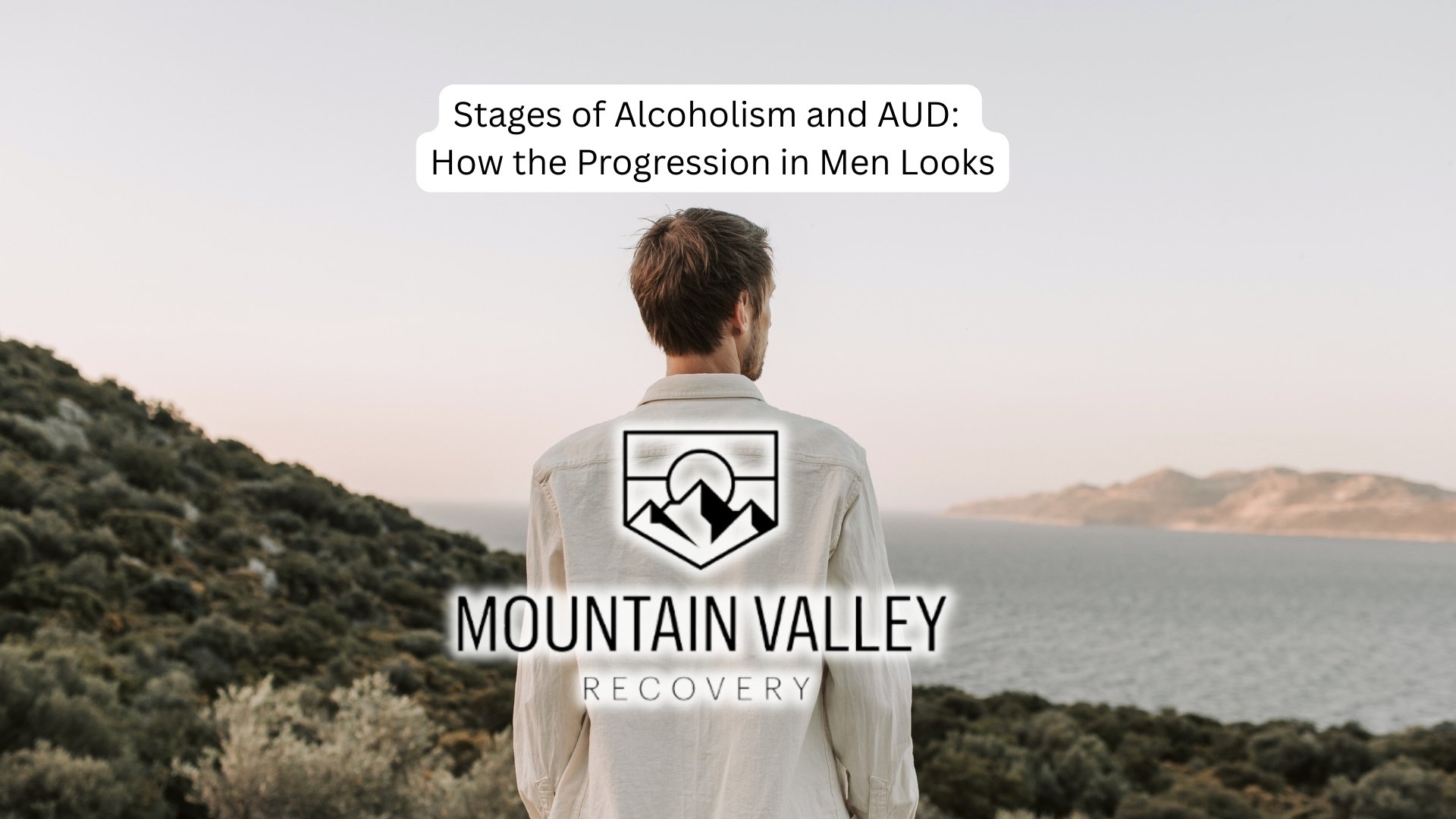Addiction is a multifaceted and widespread problem that impacts the lives of countless people. However, men frequently display a significant hesitance to pursue treatment options. Even though substance use disorders are notably prevalent among men, societal expectations and cultural norms often create obstacles that discourage them from participating in recovery programs.
This article will delve into the numerous elements that contribute to men’s reluctance to seek addiction treatment and explore possible solutions to surmount these hurdles.
Financial Barriers
With nearly two-thirds of Americans living paycheck to paycheck, the high costs of rehab can deter you from getting the help you need. You might worry about the financial stability of your family, especially if you’re the sole breadwinner, making it even harder to commit to an addiction treatment program.
Misunderstandings about available financial aid options, like sliding scale fees or insurance coverage, can also prevent you from taking that crucial step toward recovery.
However, there are flexible treatment options, such as outpatient rehab and nighttime intensive outpatient programs (IOPs), that allow you to maintain employment while receiving care.
Despite the Affordable Care Act (ACA) ensuring insurance coverage for rehab in states like Massachusetts, many men remain unaware of their insurance benefits and the financial assistance resources available to them.
In order to embark on your recovery journey, it’s crucial to reach out to a men only rehab like Mountain Valley Recovery and explore the financial options and resources available to you.
Societal Stigma
You’ve likely encountered media portrayals that emphasize failure rather than success stories, reinforcing negative perceptions of addiction and deterring you from pursuing help. Society often views addiction as a moral failing or weakness, leading to judgment and shame that discourage you from admitting your struggles and seeking assistance.
You may have internalized cultural expectations of masculinity that promote emotional suppression, making it challenging to acknowledge your addiction and reach out for support.
The pressure to appear strong and self-reliant can lead to denial and reluctance to accept the need for treatment. However, recognizing addiction as a health issue rather than a personal failing is crucial for overcoming stigma.
Check out the ways hard physical work can be immensely beneficial for men in addiction recovery.

Emotional Challenges
You may struggle with expressing your feelings, leading to an avoidance of help and a reluctance to share your emotions in rehab, which can hinder your recovery progress.
The fear of confronting painful past experiences, coupled with feelings of shame and guilt, creates significant emotional barriers that deter you from seeking treatment for your addiction.
It’s common to experience anxiety about the unknown aspects of rehab, making it difficult for you to take the first step toward recovery and improving your mental health.
However, trusting therapists and participating in gender-specific programs can help you address your emotional challenges and foster a more supportive recovery environment.
Lack of Support
Many men struggling with addiction don’t have a supportive network, which can hinder their progress and increase feelings of isolation.
Limited access to community resources and support groups exacerbates the struggle, making it crucial for you to find encouragement from others.
Feelings of isolation can prevent you from seeking help, as you may fear judgment or misunderstanding from friends and family. However, reassurance from loved ones plays a vital role in encouraging sobriety, helping you prioritize recovery over fitting in with social norms.
Interventions can effectively confront denial and foster a supportive environment, motivating you to consider treatment options you might otherwise resist.
With the right support system in place, you’ll have the courage and determination to embark on the path to recovery and create a healthier, more fulfilling life for yourself.
Here you can read our family’s guide to supporting loved ones in addiction recovery and positively impact their journey to long-term sobriety:
https://mountainvalleyrecovery.com/familys-guide-to-supporting-addiction-recovery/Treatment Misconceptions
Many believe they can overcome substance use disorder without professional help, leading to failed attempts and reinforcing the idea that treatment is unnecessary.
The stigma surrounding addiction contributes to the misconception that seeking substance abuse treatment is a sign of weakness. You might think treatment requires long-term commitment and significant lifestyle changes, which can be daunting.
Furthermore, a lack of awareness about the variety of treatment options, such as outpatient programs and holistic therapies, may lead you to believe that rehab is limited to inpatient settings.
These misconceptions about addiction and mental health treatment can create barriers to recovery. It’s crucial to understand that addiction is a chronic disease that requires professional help, not a character flaw or a lack of willpower.
Final Thoughts from Mountain Valley Recovery
By tackling cultural norms, societal expectations, and personal fears, we can establish avenues that empower men to seek the assistance they require. At Mountain Valley Recovery, we acknowledge the distinct challenges men encounter in their recovery journeys. Our programs, which take place on a ranch in Utah, are crafted to offer a secure, compassionate environment where men can address their struggles without fear of judgement. By emphasizing personalized care and fostering a robust support network, we inspire men to take the brave step towards recovery.





